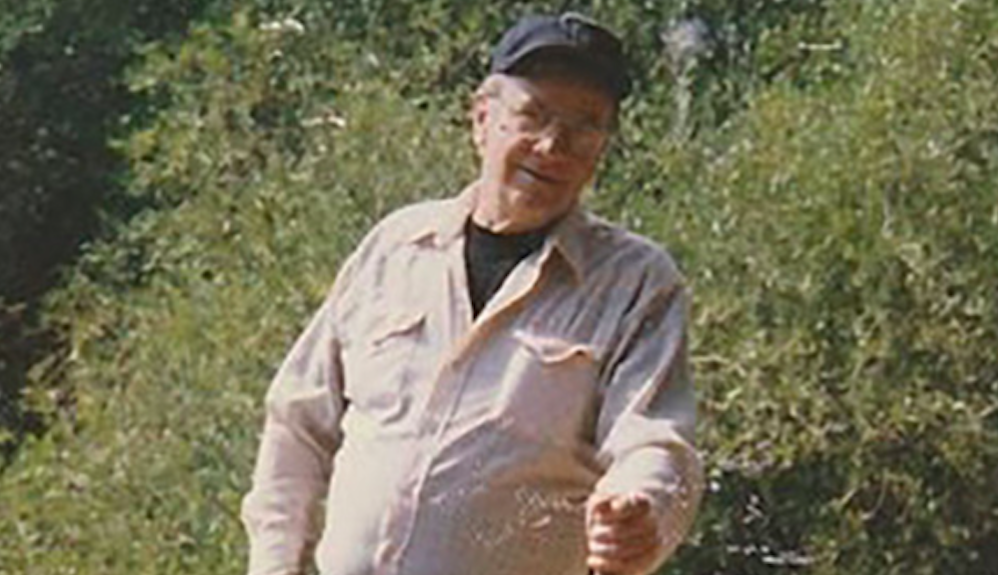“I was just so wiped out so I just left it in the back and locked it.”
When Tara Knutson, daughter of recently deceased United States Army veteran Jim Sawyer, awoke the next morning at her home in Lakewood, Colorado, she made a crushing discovery.
Her dad’s Chevy Blazer had been broken into. Locked busted. The purple Oakley backpack in the back of the truck — the one that contained his honorable discharge papers, his last words, power of attorney paperwork, life insurance, even fly rods he made — gone.
Without them, she won’t be able to execute his will, his final wishes, or even guarantee his military funeral honors or his cremation.
“Those are things I don’t think I can remember everything,” she told The Denver Channel. “Those were the last messages that my dad had said ‘write this down.’ Make sure to say this, go to the big hole in Montana but before you do take this road and see my friend.”
In his later years, the vet and fly fisherman volunteered his time to teach the sublime pastime to other former service members.
“The thought of my dad sitting at the mortuary and not being able to be cremated because all of those papers are gone, that’s the worst imaginable thing.”
“Those papers are the only thing keeping my family from cremating my dad. Just drop it off, I don’t care about anything else.”
Knutson’s unfortunate dilemma is yet another piece of evidence to support the Department of Veterans Affairs’ recent digital undertaking, Vets.gov, which not only aims to empower veterans through a simplified, intuitive online portal, but could someday eliminate the need for paperwork.




































